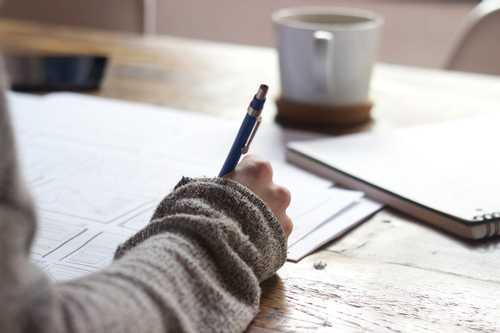How to Learn and Master Any Skill Twice as Fast, According to Science
Curated from: medium.com
Ideas, facts & insights covering these topics:
3 ideas
·19K reads
150
5
Explore the World's Best Ideas
Join today and uncover 100+ curated journeys from 50+ topics. Unlock access to our mobile app with extensive features.
Learning
Traditionally, we’re taught to learn using the “blocking” strategy. This instructs us to go over a single idea again and again (and again) until we’ve mastered it, before proceeding to the next concept.
But several new neurological studies show that an up and coming learning method called “interleaving” improves our ability to retain and perform new skills over any traditional means by leaps and bounds.
1K
7.02K reads
Interleaving
... space out learning over a longer period of time, and it randomizes the information we encounter when learning a new skill.
Interleaving causes your brain to intensely focus and solve problems every step of the way, resulting in information getting stored in your long-term memory instead.
For example, instead of learning one banjo chord at a time until you perfect it, you train in several at once and in shorter bursts.
1.07K
5.94K reads
Using interleaving to pick up a new skill
- Practice multiple parallel skills at once
Try planning when and what you want to cover in a lesson in advance.
Go back over the basics to practice older material.
Keep track of your progress to stay motivated.
Trying skills from new angles and failing a lot helps you break out of your comfort zone.
1.17K
6.09K reads
IDEAS CURATED BY
Isie Mckee's ideas are part of this journey:
Learn more about personaldevelopment with this collection
The importance of practice and repetition in learning
How to stay motivated and avoid burnout while learning
How to break down complex concepts into manageable parts
Related collections
Similar ideas
10 ideas
4 ideas
How to Learn New Skills Quickly (And Keep Them Forever)
magneticmemorymethod.com
Read & Learn
20x Faster
without
deepstash
with
deepstash
with
deepstash
Personalized microlearning
—
100+ Learning Journeys
—
Access to 200,000+ ideas
—
Access to the mobile app
—
Unlimited idea saving
—
—
Unlimited history
—
—
Unlimited listening to ideas
—
—
Downloading & offline access
—
—
Supercharge your mind with one idea per day
Enter your email and spend 1 minute every day to learn something new.
I agree to receive email updates
